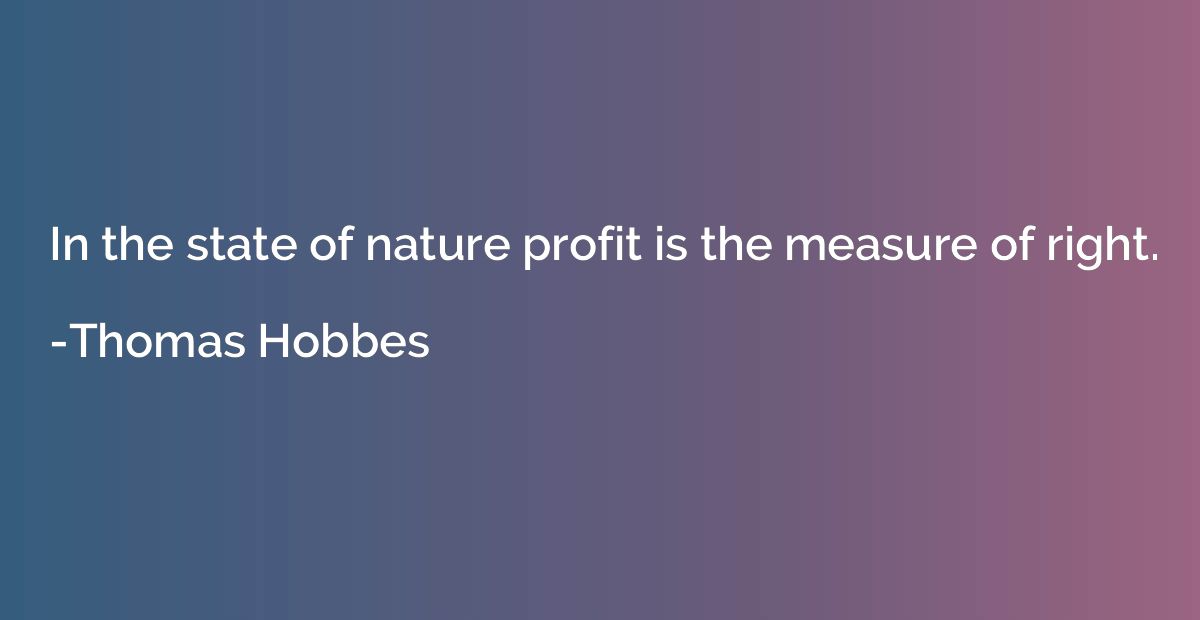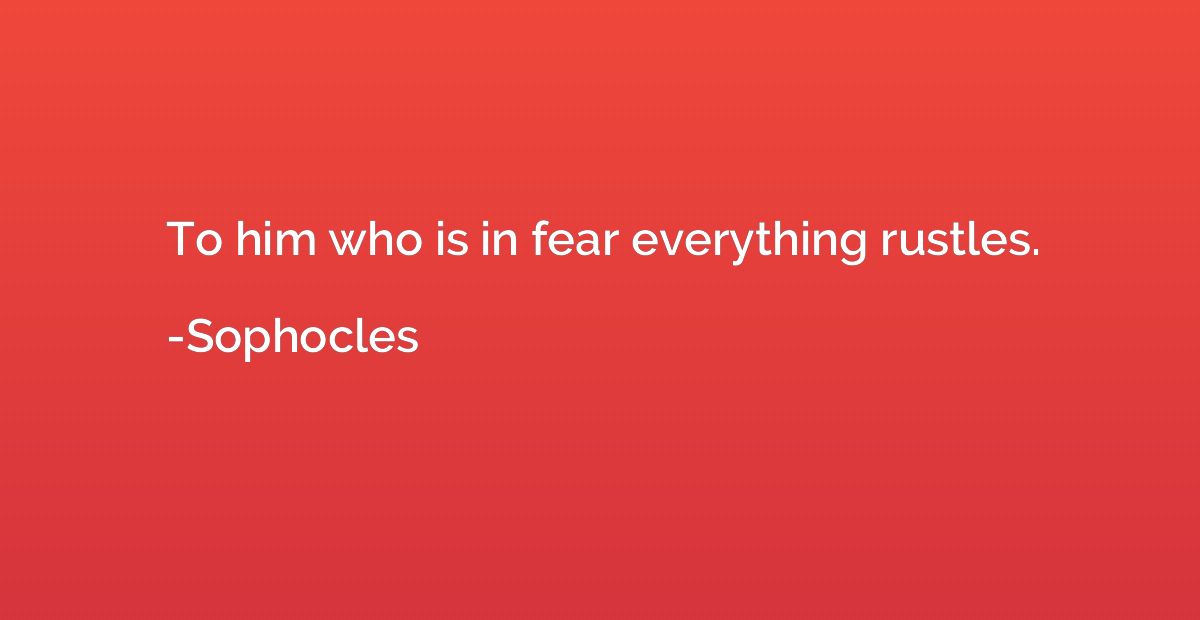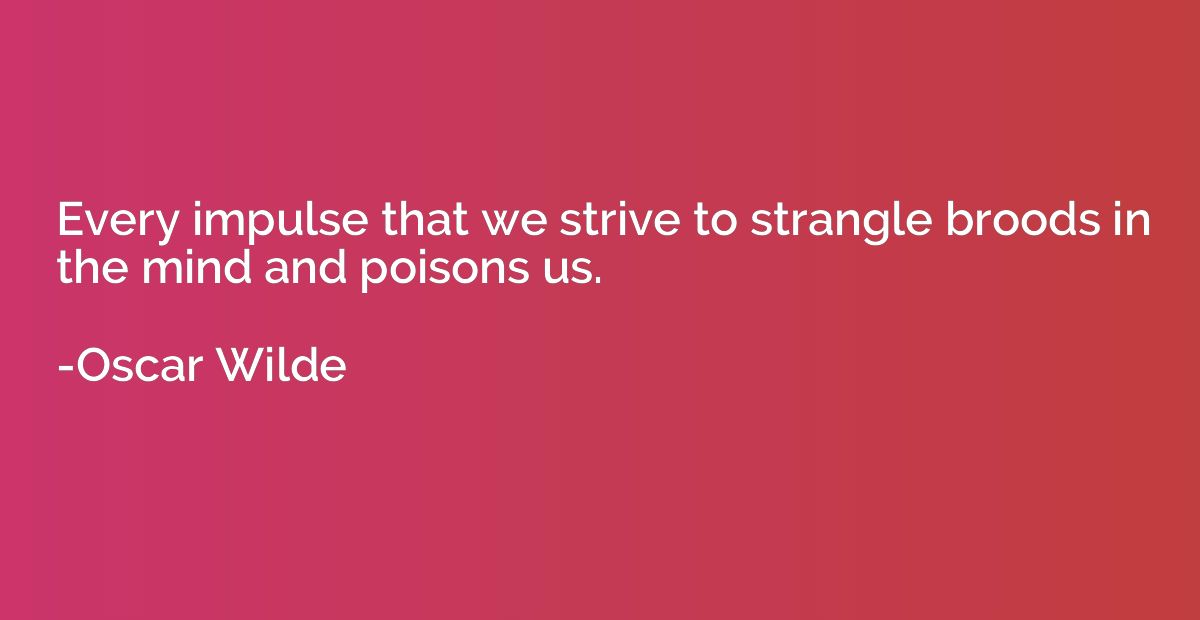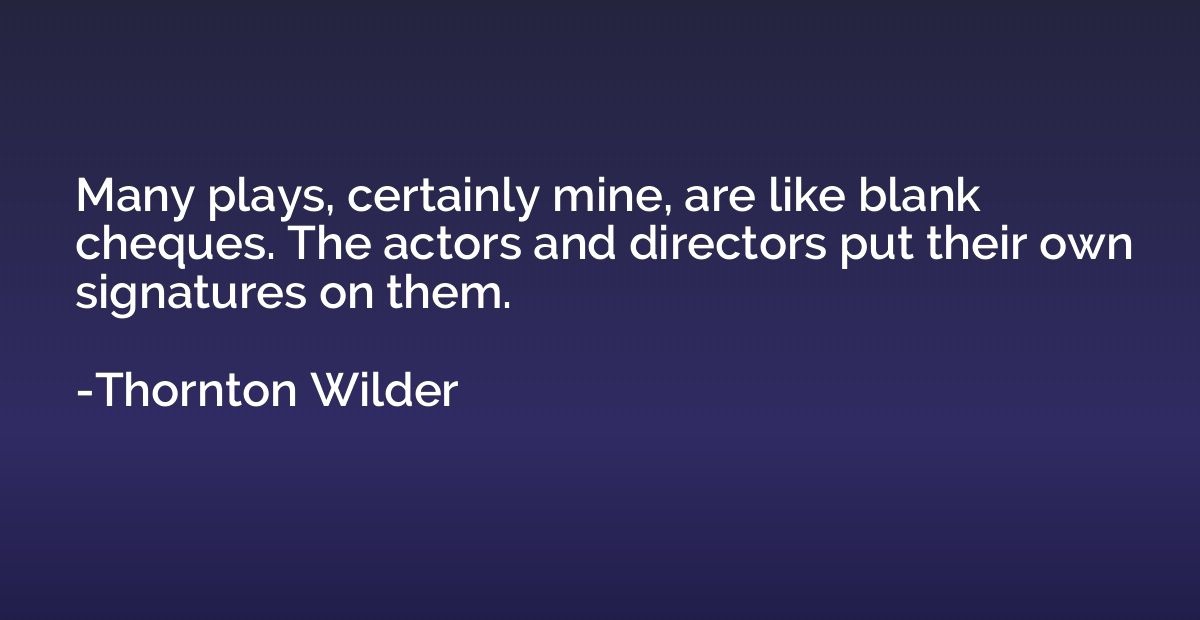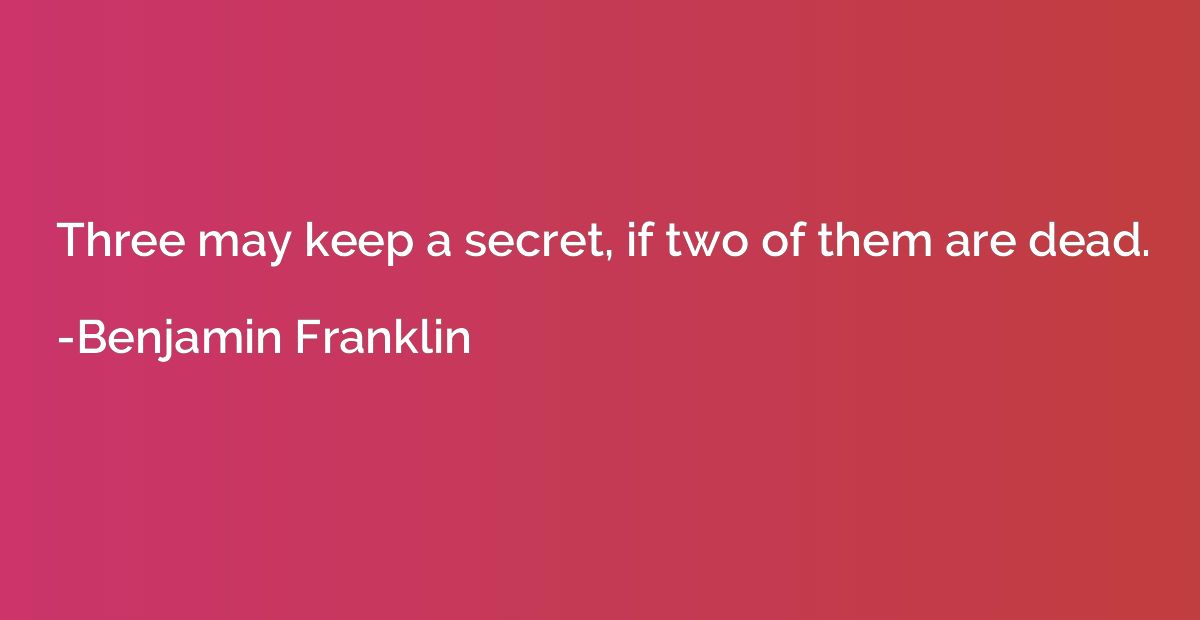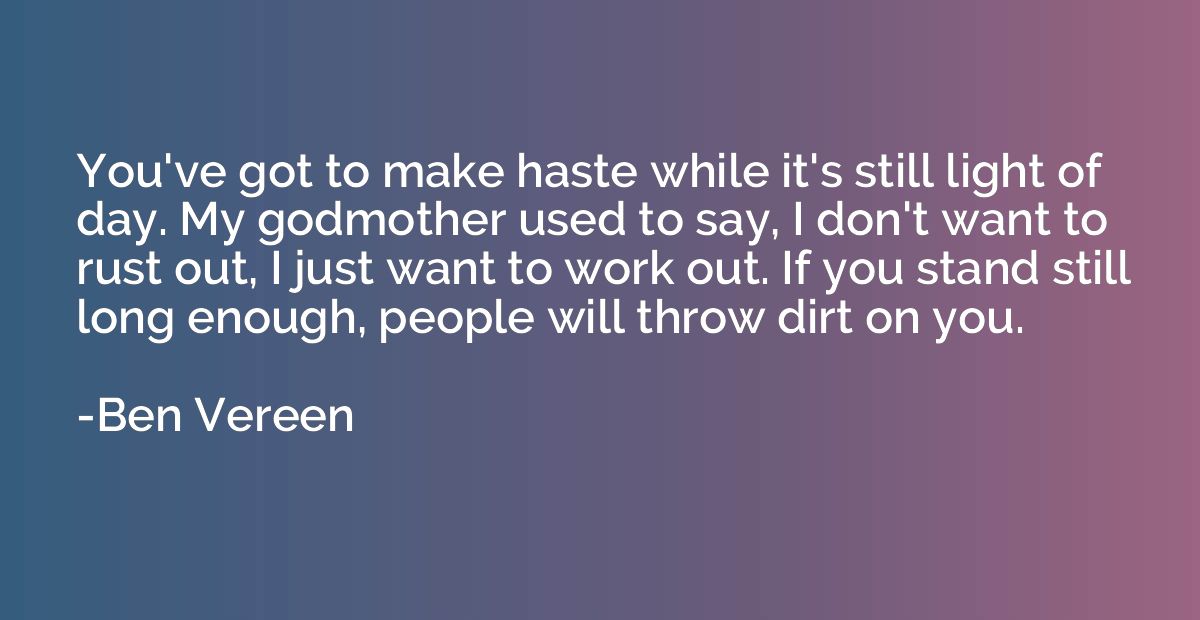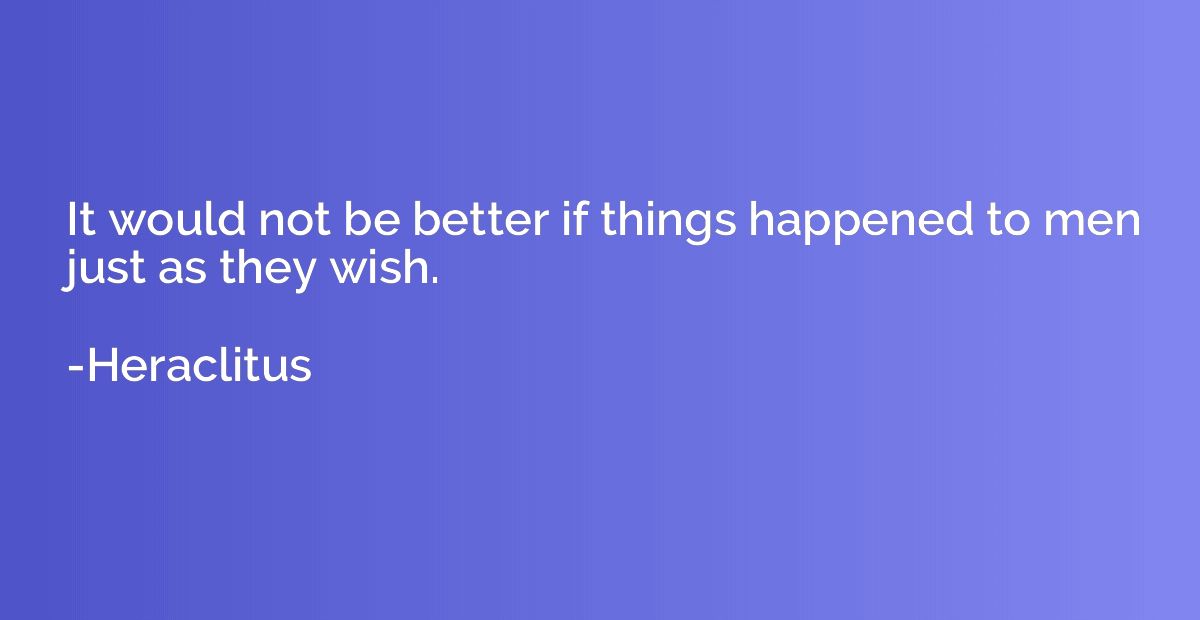Quote by Baroness Emmuska Orczy, from 'Th
'Exactly,' he said, while he leant forward excitedly, for all the world like a Jack-in-the-box let loose. 'Precisely; and you are a journalist - call yourself one, at least - and it should be part of your business to notice and describe people. I don't mean only the wonderful personage with the clear Saxon features, the fine blue eyes, the noble brow and classic face, but the ordinary person - the person who represents ninety out of every hundred of his own kind - the average Englishman, say, of the middle classes, who is neither very tall nor very short, who wears a moustache which is neither fair nor dark, but which masks his mouth, and a top hat which hides the shape of his head and brow, a man, in fact, who dresses like hundreds of his fellow-creatures, moves like them, speaks like them, has no peculiarity.'
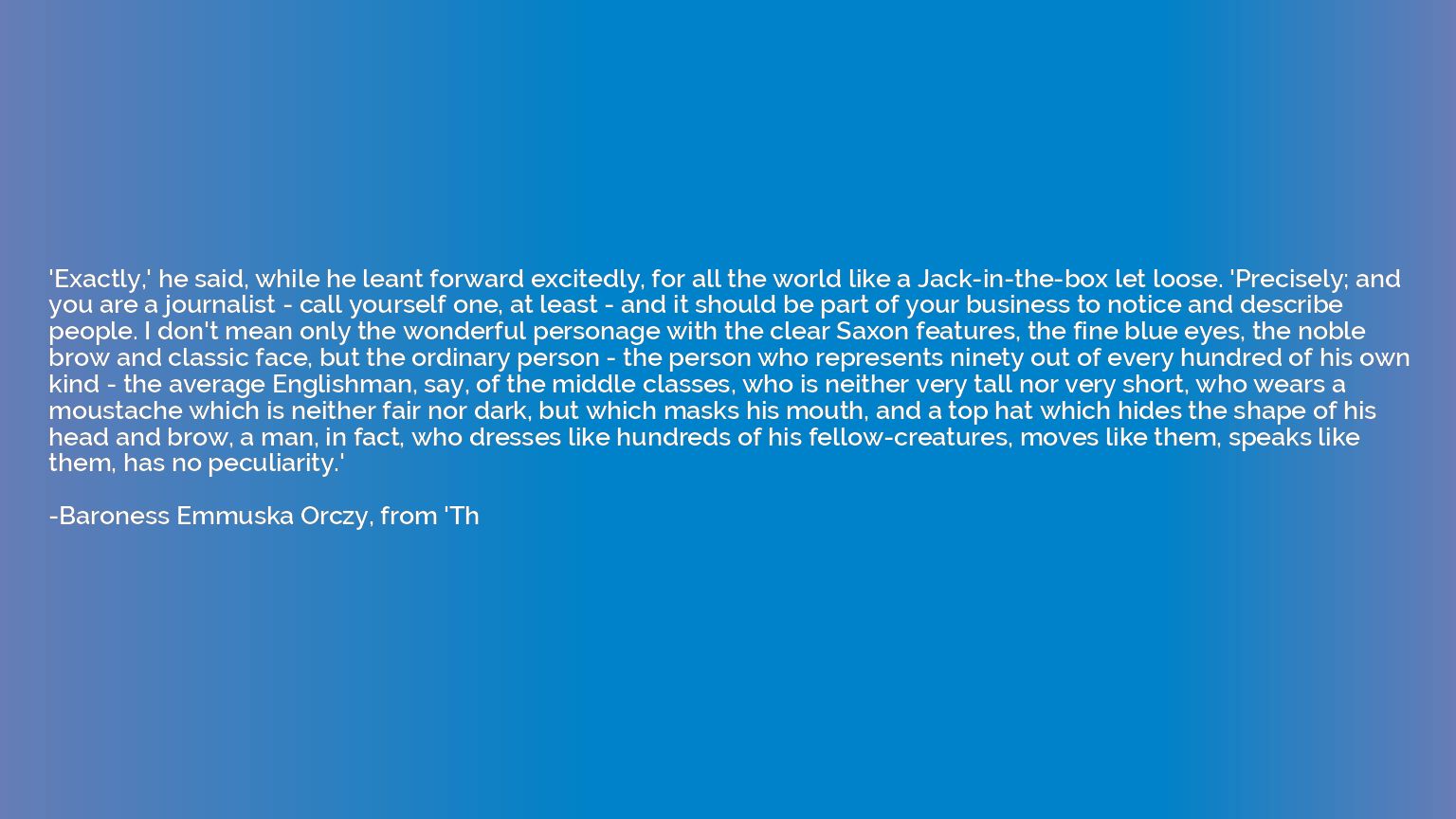
Summary
In this quote, the speaker emphasizes the importance of a journalist's ability to notice and describe people. He argues that a journalist should not only focus on describing extraordinary and remarkable individuals but should also pay attention to and provide insights into the lives of ordinary people. By highlighting the features and characteristics of an average Englishman from the middle classes, including physical appearance, mannerisms, and attire, the speaker suggests that deep observations about everyday individuals are just as valuable as those of prominent figures.



